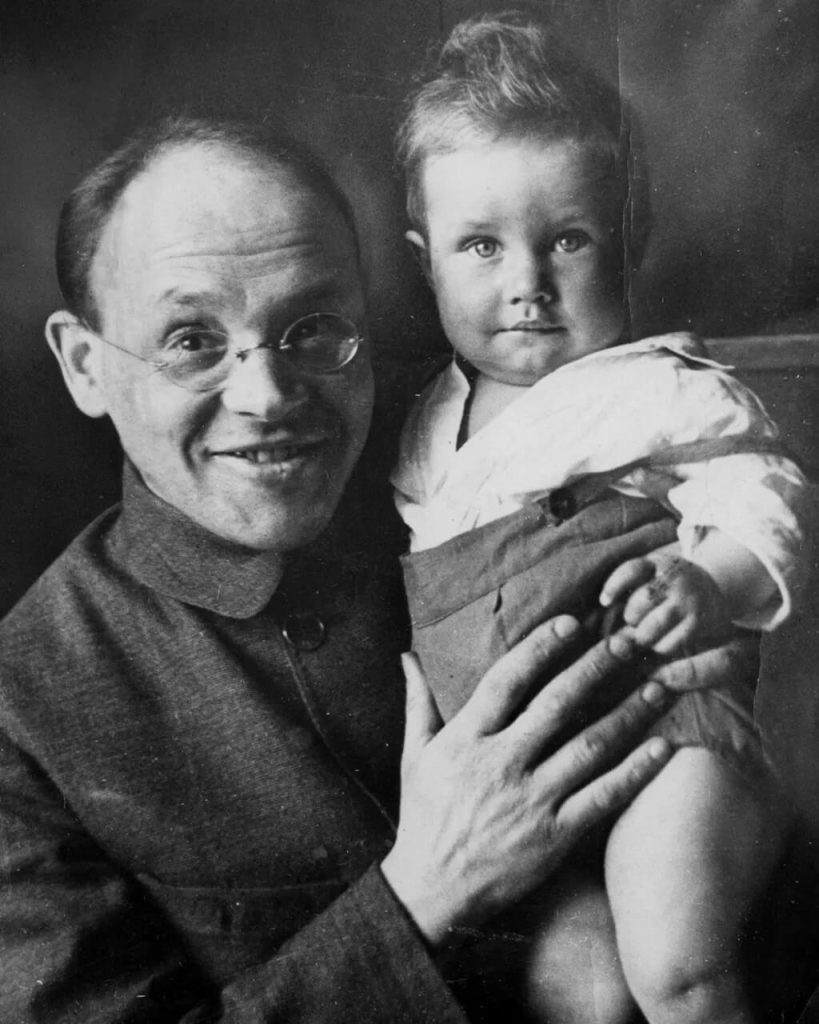A bridge of cultures

But if we only pay attention to Ukraine’s literature of conflict and disregard its other attributes, we do it a disservice. Due to its location at the meeting point of the East and West, one of its most distinctive characteristics is that it is a melting pot of cultures, especially in western towns like Lviv and Odessa. Before he was assassinated in 1940 as part of Stalin’s terror campaign, Jewish writer Isaac Babel (born 1894) built his name as one of the major names in 20th-Century literature with a relatively modest output. Although he also wrote about battle in his Red Cavalry sequence, Babel claimed that “no iron can pierce the heart with the force of a [full stop/period] put in just the right place.” However, it is his Odessa stories that most vividly capture the essence of Ukraine’s melting-pot culture.

Odessa is depicted in Babel’s tales with humor and compassion. It is, he wrote in 1916, the “most charming of cities in the Russian Empire… where the living is light and easy.” Its diversity is shown in “steamers from Newcastle, Cardiff, Marseille and Port Said; there are Negroes, Englishmen, Frenchmen and Americans.” But on the other side of society, the “powdered wives” of the city’s “plump and ridiculous bourgeoisie… succumb to the passionate caresses of temperamental students of medicine and law.” Overall, Babel adds playfully, “the reader will say, ‘It sounds like Odessa is a city like any other, and you, sir, are simply biased in the extreme.'”
In fact, this cynicism and self-mockery fit right in with what the novelist Józef Wittlin, who was born in the Ukraine, described in 1946 as the “abhorrence of solemnity” and “dislike of all manner of pomp” in his beloved city of Lviv. Like Babel, he adored his city’s diverse, colourful population: “an extraordinary mixture of nobility and roguery, wisdom and imbecility, poetry and vulgarity.” The Czech-French novelist Milan Kundera identified this as a quality more widely in central Europe: its people, he said, “represent the wrong side of history. They are its victims and outsiders. It is this disabused view of history that is the source of their culture, of their wisdom, of the ‘nonserious spirit’ that mocks grandeur and glory.”
Does this “nonserious spirit” apply to Ukraine too? “I think so,” says Dralyuk. “It’s a country with an innate sense of humility, a great sense of humour, and a very healthy self-regard. The valorising of the marginal, the wily, the trickster figure, the person who makes it by hook or by crook” – the sort we see in Babel’s stories – “is ingrained in the culture. And what makes Ukrainian literature special is that it treats those figures with a great deal of nuance. I think it’s part and parcel of the Ukrainian mentality – there’s a wryness to the Ukrainian frame of mind.”





Leave a Reply
You must be logged in to post a comment.